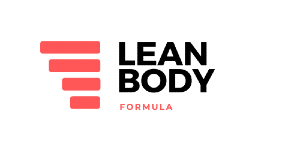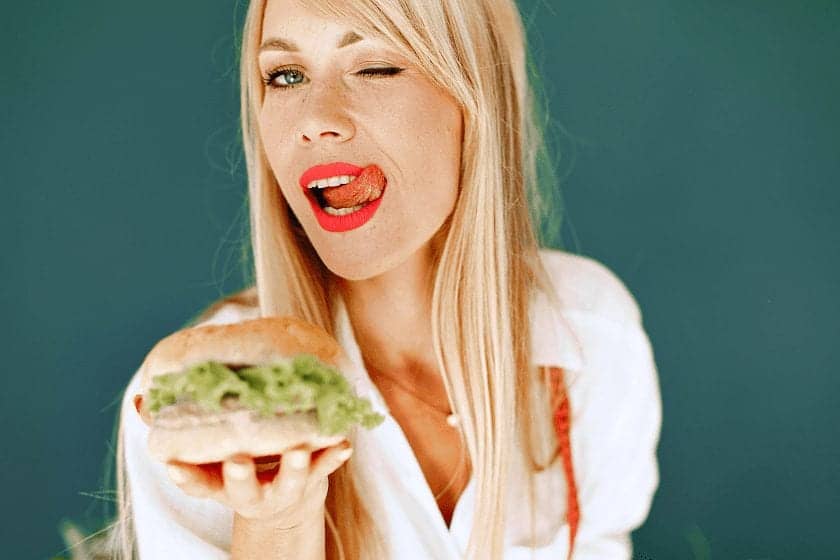Plant-Based Diets For Better Health
Unleash The Healing Potential Of Plant-Based Diets For A Healthier You

Sorry, there's no magic bullet. You gotta eat healthy and live healthy to be healthy and look healthy. End of story.
Morgan Spurlock
First, let me start by saying that plant-based diets are not right for everyone and that you have to work at it in order for the diet to be beneficial. A plant-based diet comprises only plant foods, including fruit, vegetables, grains, and legumes, and avoids meat, dairy, and eggs.
Plant-based foods are high in fibre, rich in vitamins and minerals, cholesterol-free and low in calories and saturated fat. It's possible to get all the nutrients you need from a plant-based diet, but it's harder than eating meat.
You need to plan what you eat on a regular basis and really focus on getting the nutrients you need. Many vegetarians even rely on supplements to get all the nutrients they need. Still, there are some real benefits to a plant-based diet, and they could be worth the extra work.
Lower Risk Of Heart Disease
There is evidence that a plant-based diet may lower your risk of heart disease. In a combined analysis of more than 76,000 people, vegetarians were 25% less likely to die from heart disease than meat-eaters.
This means that switching to a plant-based diet could improve your heart health. This is only the case if you include plenty of fibre-rich whole grains and legumes in your diet - two things you are likely to need to meet your protein needs as a vegetarian. A plant-based diet has been shown to prevent and reverse heart disease, improve cholesterol levels and lower blood pressure.

Lower Cancer Risk
Any risk of cancer is a bad thing, and statistically, vegetarians are less likely to develop some forms of cancer than omnivores. This is probably because they eat more fruit and vegetables.
Studies have shown that eating more fruit and vegetables can reduce your risk of cancer, but only slightly. So while becoming a vegetarian will help lower your risk of cancer, it won't be a really dramatic change. Avoiding animal products and high-fat foods and eating plant foods can reduce the risk of developing certain types of cancer.
Time To Take Wait Loss To The Next Level?
Are you ready to get in shape? Join us and get the list of top 10 actions that support PERMANENT weight loss and make you look and feel better without being hungry in the process!
Lower Blood Pressure
By increasing the amount of potassium in your diet, you can lower your blood pressure. This is a fairly standard change that most vegetarians make automatically when they switch, and it can lead to fewer heart complications later on.
Of course, you could also make this change by simply adding more potassium-rich foods to your diet if you continue to eat meat, but you are much less likely to do this if you eat meat.


Plant-Based Diets And Weight Loss
It's harder to get calories through vegetables and fruits. This means it's harder to gain weight as well. That's why most vegetarians are thinner. If you move away from meat and other animal products, you'll likely lose some weight as a result, and for some people, that alone is a good enough excuse to make the jump.
Eating a diet higher in plant foods and lower in animal products can have many health benefits, including weight loss or maintenance and a lower risk of heart disease and diabetes.
The Bottom Line
A plant-based diet is a healthy way to eat with many benefits. By eating plant-based foods, you'll get essential nutrients, fibre and vitamins, while avoiding cholesterol and saturated fats.
If you're trying to eat healthier, you should definitely consider adding more plant-based foods to your diet. Not only are they packed with nutrients, they're also low in calories and saturated fat. What's more, they're cholesterol-free!
Embrace Inspiration
Like What You Read? Be Sociable, Comment, And Share It! Thanks.
FAQ
Both meal plans have made headlines for their health benefits in recent years and while they are similar, there are some key differences: Vegan diets eliminate all animal products, while plant-based diets do not necessarily eliminate animal products, but focus on eating mostly plants, such as fruits, vegetables, nuts, etc.
A healthy diet should focus on plant foods like vegetables, fruits, whole grains, legumes, nuts and seeds. If animal products are eaten, we should eat them in smaller quantities compared to plant foods.
You may lower your risk of heart disease. Plant-based diets have also been found to help regulate blood sugar, which can reduce your risk of type 2 diabetes.
Vegetarian diets can promote weight loss because they focus on nutrient-dense, low-calorie foods like fruits, vegetables, whole grains, nuts, seeds and soy. Vegan diets go even further and cut out calorie-rich foods like cheese. But being vegetarian doesn't automatically mean consuming fewer calories.



